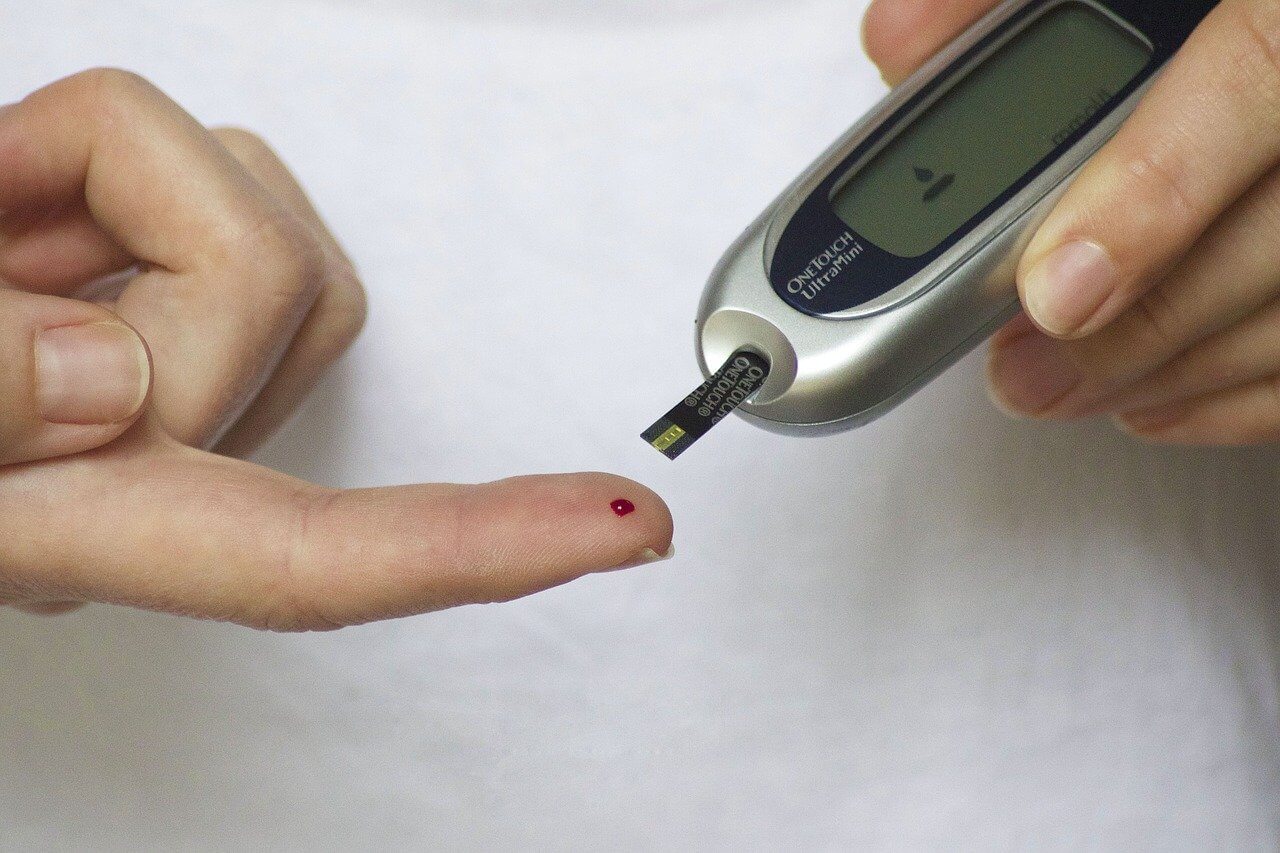Diabetes is a disorder of the endocrine system in which your body is unable to utilize blood sugar in the right way. It can occur due to two reasons;
When your body fails to produce insulin completely- that occurs in type II diabetes. It can occur due to infections or autoimmune health conditions.
When your receptors become desensitized to the insulin that your pancreas produces- that happens in type I diabetes. Mostly it occurs in old aged people.
When you have diabetes, you need to manage it well. If you do not do that, your blood sugar levels will remain uncontrolled, which can lead to various complications. Diabetes can lead to complications in your body from head to toe. However, these complications can be prevented if you keep your blood sugar levels well under control and frequently get essential tests done. Make sure you attend follow-up visits with your healthcare provider to prevent complications. You can visit the endocrinologist in Lahore for the management of diabetes. In this article, we will discuss the tests you need to get done frequently if you are diabetic.
HbA1c
HbA1c test gives an insight into your blood sugar levels in the past two to three months. Through this test, your healthcare provider can tell either your blood sugar levels are being well controlled or not. You need to get the HbA1c test done twice a year. If your results deviate from around 7%, consult with your healthcare provider about it.
Blood Pressure
Uncontrolled high blood sugar can cause your blood pressure to rise, leading to hypertension. That can, in turn, increase the risk for stroke and heart diseases. Whenever you visit your healthcare provider, they will check your blood pressure. If it remains elevated, your healthcare provider may prescribe you antihypertensive medications.
Cholesterol Levels
High blood sugar can put you at risk of heart disease. Therefore your cholesterol levels should be checked at least twice annually or more frequently if you have any heart disease, or your cholesterol remains high.
Foot Examination
Neuropathies- a tingling and burning sensation in the extremities can occur among diabetic people. Due to this, they may not be able to feel if any injury or wound occurs. Therefore your healthcare provider will examine your foot for any possible infection, wound, calluses, or sores. They will also check your reflexes, and if they notice any ulcer, they may refer you to a podiatrist. Do not take foot infections and wound lightly, if you are a diabetic patient. When your blood sugar levels remain high, getting rid of infection becomes too hard.
Moreover, if you do not take notice of infections and wounds of the foot, there may even occur a need for amputation. Therefore you should also be inspecting your foot regularly by yourself. It is essential to see it through your eyes because your foot sensations may be lost. Due to which you can not feel the pain or soreness in your foot.
Eye Examination
Elevated blood sugar levels tend to cause damage to your eyes by restricting their blood flow. It can, in turn, lead to many ocular defects and even blindness. Therefore to prevent any eye damage, you should visit an ophthalmologist. They will also check your eyes for cataracts and glaucoma, along with diabetic retinopathy.
Kidney Test
Diabetes most commonly affects kidney functioning. Therefore if you are a diabetic patient, you need to take extra care of your kidneys. If the damage is not kept controlled, it can even lead to renal failure. Diabetic people need to get tested often for kidney functioning. Serum urea creatinine can help in telling the functioning status of your kidneys. The presence of protein and sugars can also indicate that the person’s blood sugar levels are not controlled which can lead to kidney damage eventually.
Dental Examination
A lesser-known complication of diabetes is gingivitis. Moreover, it can also put you at risk of getting oral infections if hygiene is not maintained. Therefore diabetic people must attend their visits with the dentist to ensure the health of their oral cavity. Along with that, brush your teeth twice daily, floss them, and mouthwash them. Make sure you brush your teeth before going to bed.
ECG
ECG, which stands for an echocardiogram, also needs to be done if you are diabetic. It is because diabetes can lead to heart diseases. The ECG can help in knowing about your heart health. Therefore you must also get your ECG done frequently, especially if you are diabetic, and above the age of 50.
Conclusion
Diabetes is a lifelong condition that needs proper management. To prevent its complications, you must try to keep your blood sugar levels under control with the help of insulin and medicines. If you are diabetic, you can visit an endocrinologist in Karachi for follow-up visits.




